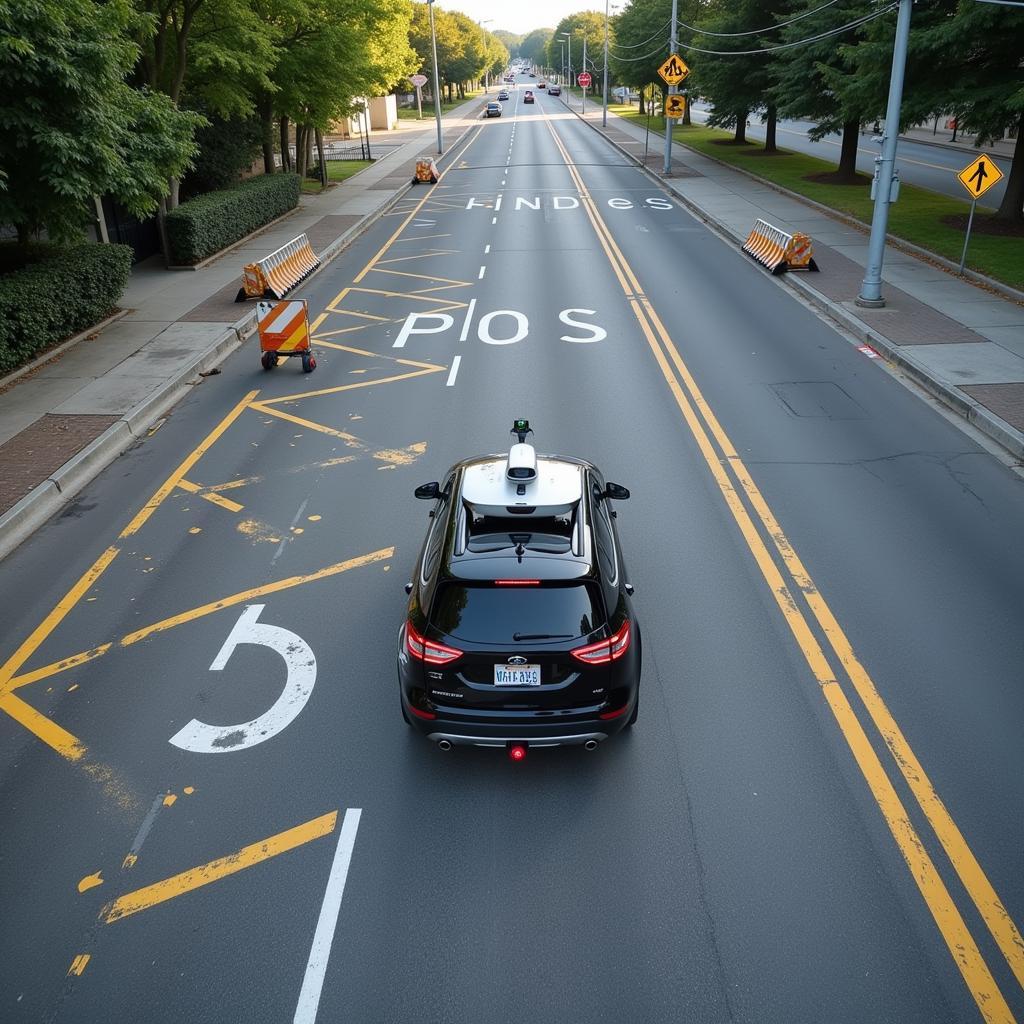Troubleshooting car problems often begins with a mysterious sound. Whether it’s a squeak, a clunk, or a whir, these Car Problem Sound Effects are often the first clue that something’s amiss. This guide will help you decipher these automotive audio clues, enabling you to pinpoint the issue and take appropriate action.
Identifying car problem sound effects can be challenging. Many sounds can overlap, making it difficult to pinpoint the source. This is where understanding the basics of your car’s mechanics comes in handy. check car problems and understand the common issues associated with each component. For instance, a rhythmic clicking sound often indicates a CV joint issue, while a high-pitched squeal might point towards a worn serpentine belt. Knowing these common associations can significantly narrow down your search.
Understanding Common Car Problem Sound Effects
Several car problem sound effects are relatively common, and learning to recognize them can save you time and money. Let’s explore some of these frequently occurring sounds and their potential causes.
Squealing Sounds: Belts and Brakes
A high-pitched squeal when you start your car or accelerate could indicate a worn serpentine belt. This belt powers various components, including the alternator and power steering pump. Ignoring this sound could lead to these components failing. Another squealing sound, particularly when braking, might point towards worn brake pads. Don’t delay getting your brakes checked if you hear this sound.
Clicking Sounds: CV Joints and Other Issues
Clicking sounds, especially when turning, often suggest a problem with your CV joints (Constant Velocity joints). These joints allow the wheels to turn while maintaining power delivery. A damaged CV joint can eventually lead to complete axle failure. Clicking can also originate from other sources like a failing fuel injector or a loose component in the engine bay.
Grinding Sounds: Transmission or Brakes
Grinding noises, particularly when shifting gears, can signal a severe transmission problem. This requires immediate attention from a qualified mechanic. Grinding when braking usually indicates worn brake pads that have worn down to the metal backing, causing metal-on-metal contact with the rotors. This requires immediate replacement of the pads and possibly the rotors.
Using Car Problem Sound Effects for Diagnosis
While online resources can be helpful, they’re not a substitute for professional diagnosis. If you’re uncertain about the source of a car problem sound effect, it’s crucial to consult a qualified mechanic. They have the tools and experience to accurately pinpoint the problem and recommend the necessary repairs.
“Ignoring a unusual car sound is like ignoring a flashing warning light on your dashboard,” says John Miller, a veteran automotive technician with over 25 years of experience. “It’s always better to err on the side of caution and have it checked out.”
What to Tell Your Mechanic
When describing a car problem sound effect to your mechanic, be as specific as possible. Note when the sound occurs (e.g., during acceleration, braking, turning), the type of sound (e.g., clicking, grinding, squealing), and any other relevant details, such as changes in vehicle performance. This information will help the mechanic quickly diagnose the problem.
Preventing Car Problems
Regular maintenance is the key to preventing many car problems. Following the manufacturer’s recommended maintenance schedule can help you identify and address potential issues before they escalate into major repairs. This includes regular oil changes, tire rotations, and brake inspections. automatic car starter problems can be avoided with regular checks.
Conclusion
Car problem sound effects, although often perplexing, provide valuable clues to underlying issues. By understanding these sounds and their potential causes, you can take proactive steps to maintain your vehicle and address problems before they become severe. Don’t hesitate to contact us at AutoTipPro at +1 (641) 206-8880 or visit our office at 500 N St Mary’s St, San Antonio, TX 78205, United States, if you have any questions or need assistance with your car.
Remember, addressing car problems promptly can save you money and ensure your safety on the road.
“A little preventative maintenance goes a long way,” advises Sarah Johnson, a certified automotive engineer. “Regular checkups can catch small problems before they become big headaches.” steering rod car problem symptoms can be particularly dangerous if ignored, so regular maintenance is crucial. meta system car alarm problems can also be a sign of other electrical issues. car driving problems can often be traced back to a mechanical fault that could have been prevented with routine checks.





Leave a Reply